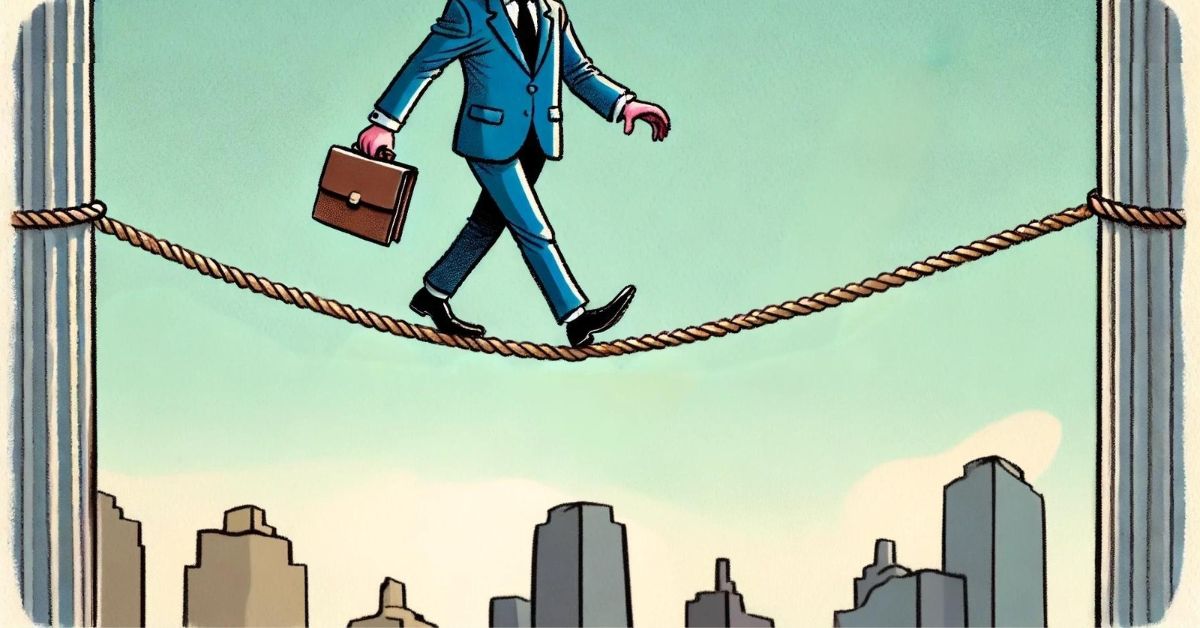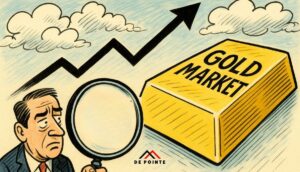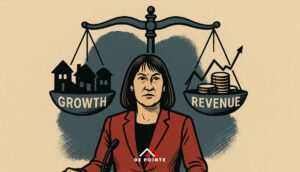Article

The recent stock market crash in August 2024 has sent shockwaves through global financial markets, leaving investors and analysts alike scrambling to assess whether this is the correction many have been anticipating or if it signals the onset of a more severe economic downturn. To understand the implications, investors must explore the factors that contributed to this market rout, the warnings that preceded it, and the broader economic context that could shape future market behaviour.
Triggers of the August 2024 Stock Market Crash
The market crash was not an isolated event but rather the result of a confluence of global economic factors that created a perfect storm in financial markets. Central to this was the Bank of Japan’s unexpected interest rate hike at the end of July, which significantly impacted global investor sentiment. The move was particularly jarring because it marked a departure from Japan’s long-standing ultra-loose monetary policy. The resulting appreciation of the yen led to massive sell-offs in Japanese equities, which rippled across global markets, exacerbating existing vulnerabilities.
Additionally, economic indicators in the United States have been flashing warning signs for months. Rising unemployment, coupled with an inverted yield curve—a reliable predictor of recessions—has heightened fears of an impending economic downturn. The U.S. economy, which had shown remarkable resilience through much of 2023, began to show cracks as corporate earnings reports revealed that many companies were struggling with slowing demand and rising costs.
Moreover, the AI-fueled tech bubble, which had driven much of the stock market’s gains in the previous years, began to deflate. The similarities between the recent tech sell-off and the dot-com crash of the early 2000s are striking, as overvalued tech stocks, propped up by speculative enthusiasm rather than solid fundamentals, started to collapse. These factors combined to create an environment ripe for a significant market correction.
Is This the Correction Analysts Have Warned About?
For years, market analysts have warned that the stock market, particularly in the U.S., was overvalued. The AI boom, while generating immense investor interest and driving tech stocks to new heights, also created a speculative bubble. The August crash could be seen as a long-overdue correction, bringing valuations back to more sustainable levels.
John Hussman, a well-known market analyst, has been particularly vocal about the risks of a major market correction. He has argued that the market conditions leading up to the crash bore an uncanny resemblance to those of the 1929 market peak, suggesting that we were on the verge of a significant downturn. According to Hussman, the extreme valuations, coupled with unfavourable market internals, set the stage for a potentially severe correction, with the S&P 500 at risk of declining by as much as 65%.
However, the magnitude of the crash and the breadth of the sell-off across different sectors suggest that this might be more than just a correction. The interconnectedness of global markets means that what started as a correction in the tech sector has the potential to trigger a broader economic downturn, especially if investor confidence continues to erode.
Could a Larger Market Crash Be on the Horizon?
Despite the significant losses already incurred, some experts believe that a larger crash could still be in the offing. The reasoning behind this is multifaceted. First, the global economy is still grappling with high inflation rates and tight monetary policies. Central banks, including the U.S. Federal Reserve, have been raising interest rates to combat inflation, which in turn has increased borrowing costs for companies and consumers alike. This could lead to a slowdown in economic activity, further depressing corporate earnings and leading to additional market declines.
Moreover, historical data suggests that markets often experience more significant declines during recessions. Paul Dietrich, Chief Investment Strategist at B. Riley Wealth Portfolio Advisors, has pointed out that during past recessions, the stock market typically falls by an average of 36%, even in mild downturns. Given the current economic indicators, including rising unemployment and slowing corporate earnings, it is plausible that the market could see further declines before finding a bottom.
Additionally, the recent sell-off might mark the beginning of the end for the AI bubble that has been a significant driver of market gains over the past few years. As speculative investments in AI and tech stocks unwind, there could be further pressure on the market, particularly if the economic environment continues to deteriorate.
Investment Strategies Amidst Uncertainty
In light of these uncertainties, investors need to adopt strategies that can help mitigate risk. Diversification remains a key principle, as spreading investments across different asset classes can reduce exposure to any single market crash. JP Morgan suggests investors should allocate 15-30% of their portfolio to alternative investments such as Art or Gold. Alternatively, defensive stocks, such as those in the healthcare, utilities, and consumer staples sectors, tend to perform better during economic slowdowns and could provide some protection against a market crash.
Furthermore, dividend-paying stocks can offer a reliable income stream in volatile markets. Companies with a history of stable dividends, such as Coca-Cola and ExxonMobil, may be attractive options for income-focused investors. Bonds and other fixed-income securities also become more appealing in times of market turmoil, as they offer more predictable returns compared to equities.
The August 2024 stock market crash may indeed be the long-anticipated correction, but the risk of a more significant downturn cannot be ignored. With economic indicators pointing towards a possible recession and the deflation of the AI bubble, the markets may face further challenges in the coming months. Investors should remain vigilant, focusing on risk management strategies that can help navigate the uncertain terrain ahead. Diversification, defensive investments, and a careful eye on economic indicators will be essential as we move forward in these turbulent times.





